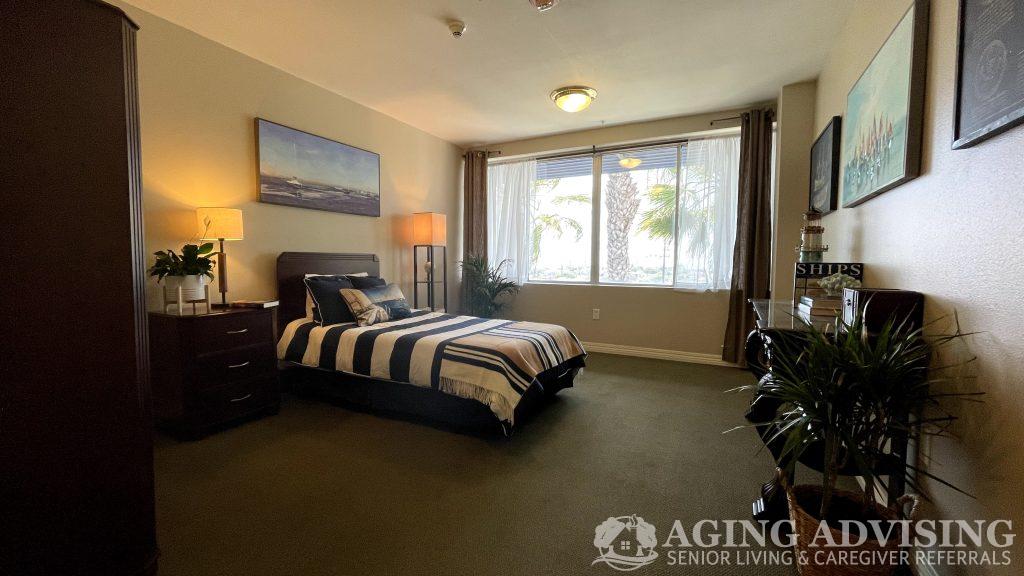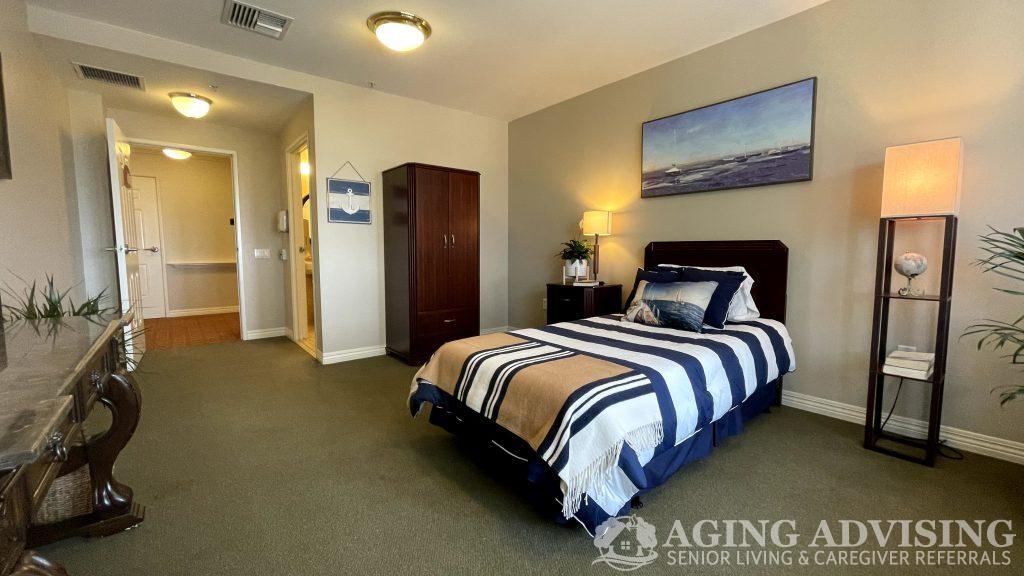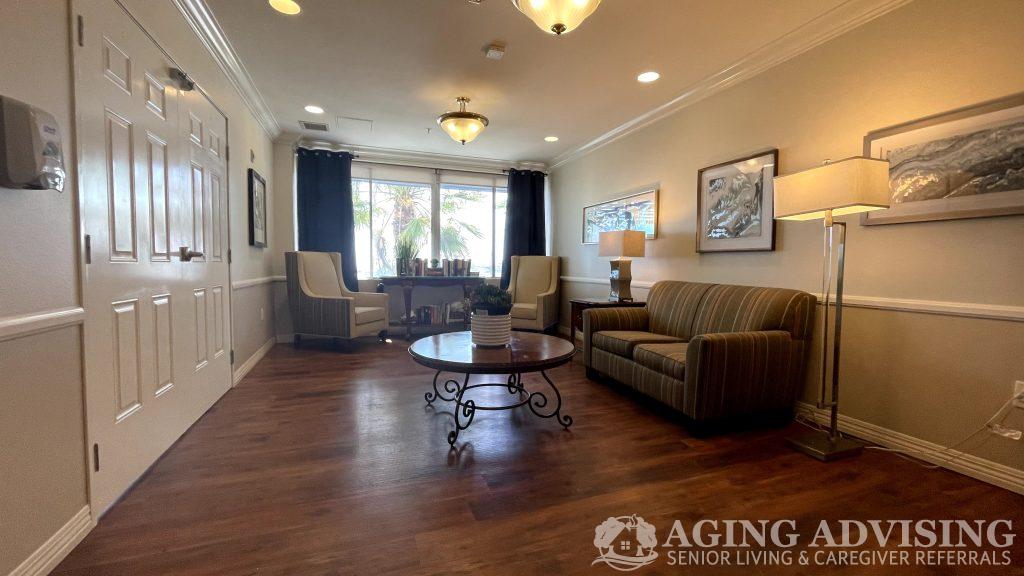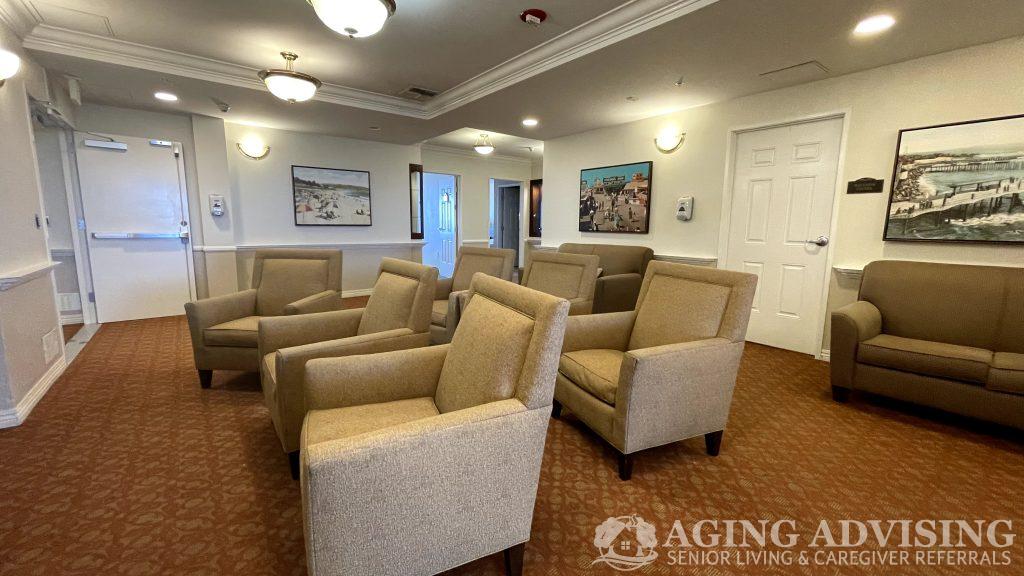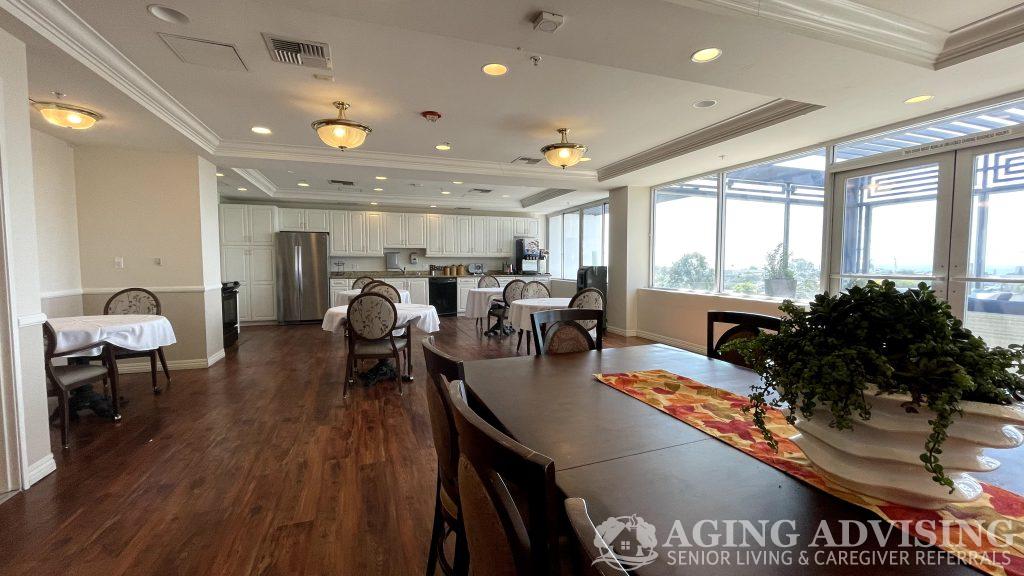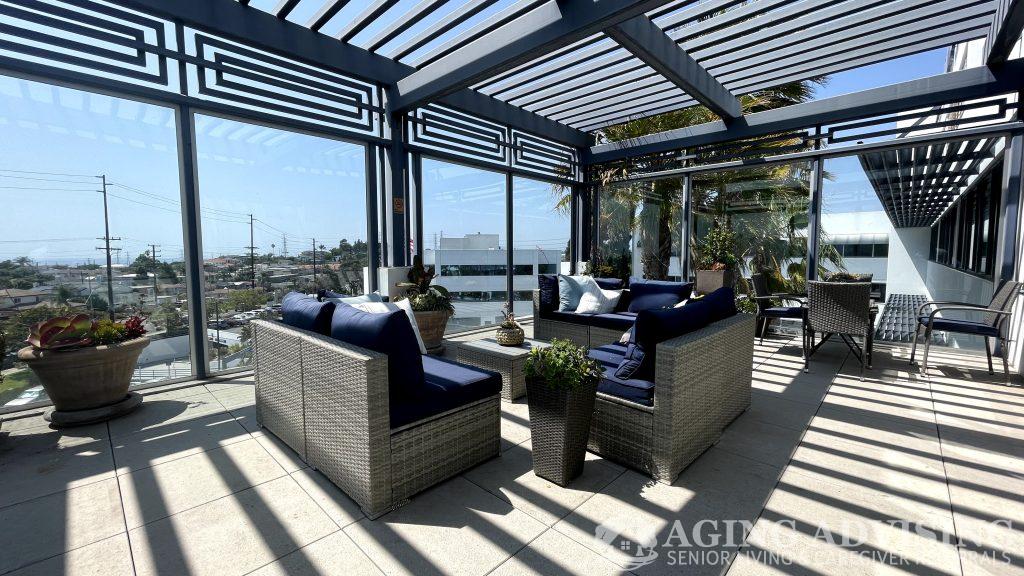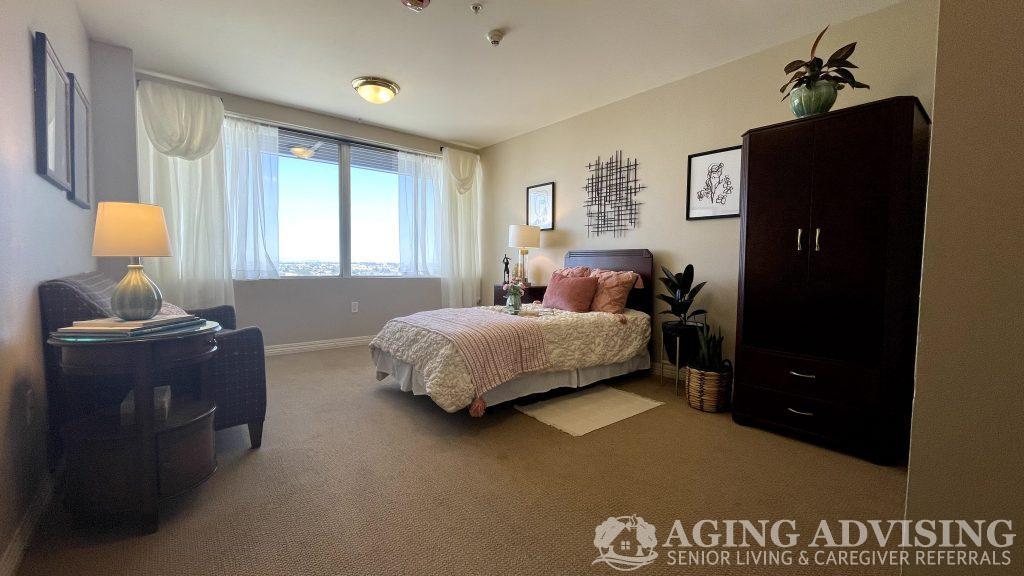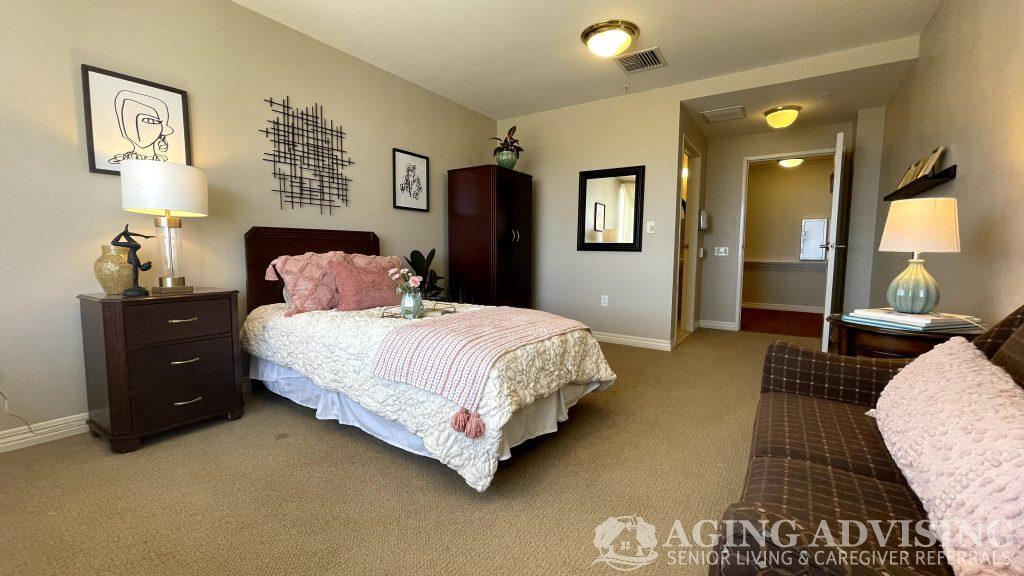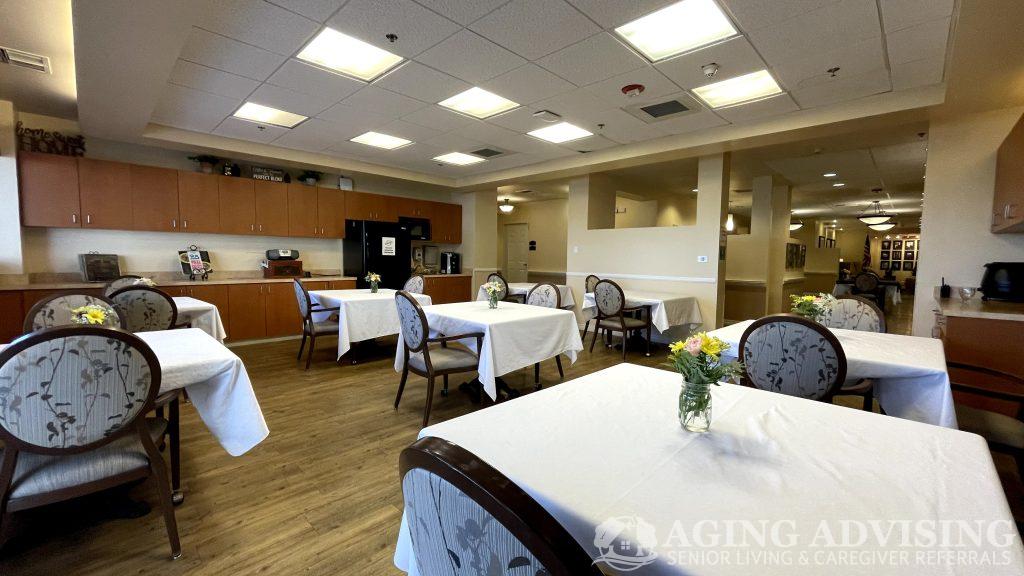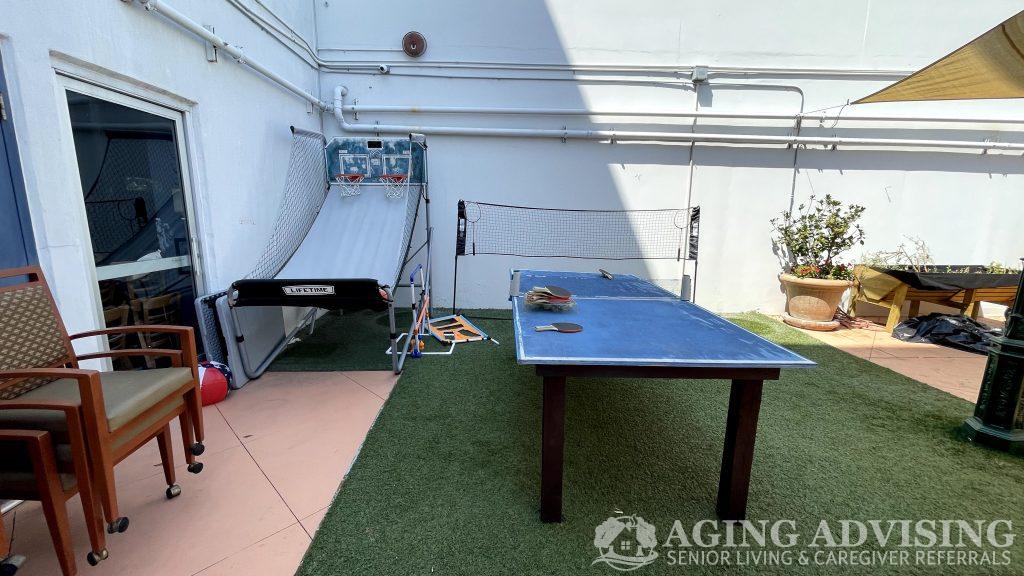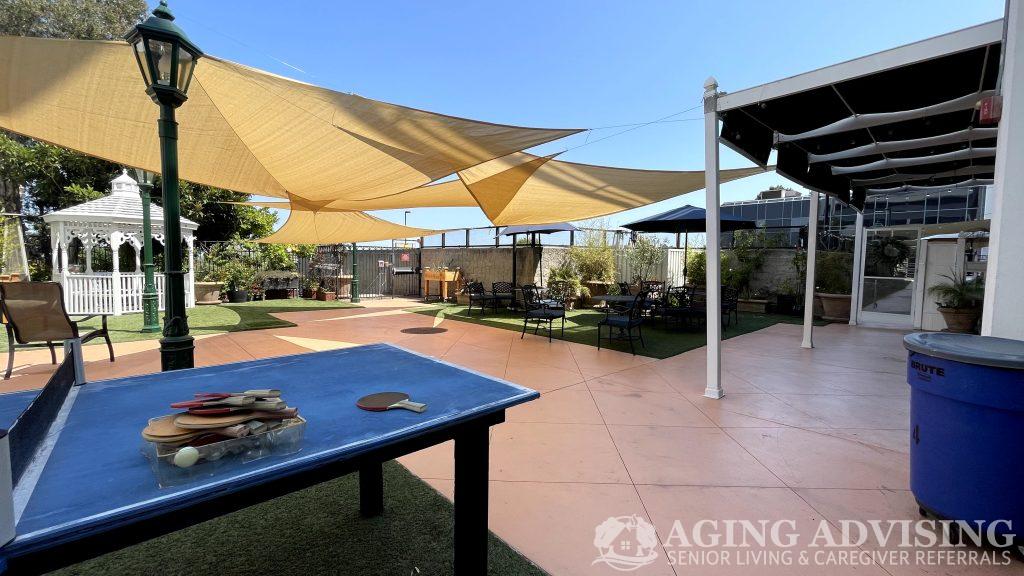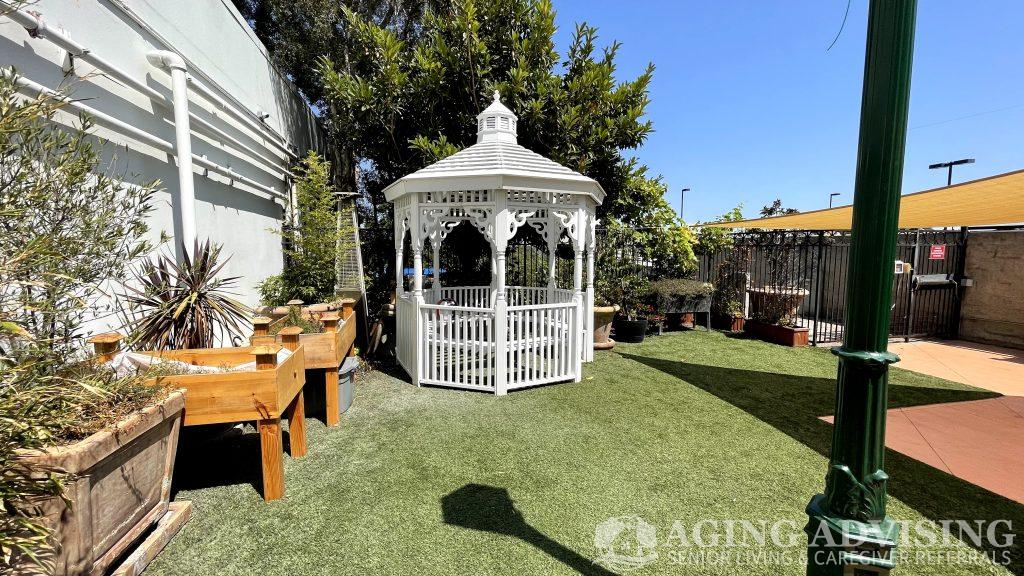Description
ABOUT MEMORY CARE FACILITIES
Do you have a senior loved one in your life who suffers from symptoms of Alzheimer’s disease or another form of dementia? Are you or your loved one starting to question their safety at home due to memory loss and other cognitive problems?
Memory care is professional personal and medical care rolled into one facility specifically to help patients with moderate to severe dementia.
In the following article, we will be addressing frequently asked questions regarding memory care and providing detailed answers to assist seniors, friends, and family members with navigating the world of memory care and to help them make educated decisions for themselves or on behalf of their loved ones.
WHAT IS A MEMORY CARE FACILITY?
Memory care is a specialized form of residential long-term care for patients with Alzheimer’s disease or other forms of dementia. Memory care can be encompassed in a stand-alone facility or be a dedicated wing in another general long-term care facility.
As dementia progresses in a senior, cognitive decline can become so severe that the individual is unable to care for themselves. Furthermore, loved ones, family members, and informal caregivers may feel at a loss as to how to properly care for this person at home.
Memory care facilities are filled with highly trained specialists who dedicate their focus on working with patients with dementia and to meet their personal and medical needs on a daily basis. Daily life is very routine and structured to minimize residents’ stress and improve their quality of life.
HOW MUCH IS MEMORY CARE?
The monthly cost of memory care widely varies per state, running an average between $3,700 and $7,000. Other factors that determine overall cost include:
The level of and intensity of supervised care
Amenities and services
Location and agency
Since dementia disorders are progressive in nature, it’s expected that a senior’s symptoms will worsen with time and that they will require increased care in the future. Families and informal caregivers will need to plan financially for cost increases as time passes by.
HOW SHOULD I EVALUATE A FACILITY?
These days, seniors and their families have choices available when it comes to selecting the right memory care facility for their loved one. Families and informal caregivers can take proactive steps and start their research with thorough questions, including:
Where is the facility located and is it in close proximity to family and friends?
What is the staff to patient ratio?
What is the staff turnover rate like?
What amenities are available at the facility?
What is the visitation policy?
How efficient is security?
Are the staff happy or content with the patients and with working there?
Is the environment pleasant, organized, clean, and free of safety hazards?
What are the online reviews like for this facility?
What is the protocol like for medical emergency situations?
What is transportation like?
What possible methods can I use to finance my stay at this specific facility?
What is the food like?
Will I be staying in a private room or will I have a roommate?
How do staff handle aggressive behavior?
Although your loved one may already have moderate to severe cognitive deficits, it is essential to involve them as much as possible in the selection process of their memory care facility.
Memory care facilities specifically house residents with Alzheimer’s disease or other forms of dementia so that staff members can tend to their cognitive-based symptoms and needs. Family members and informal caregivers can help seniors select the most optimal memory care unit by planning finances and care plans early and involving them in the process.


